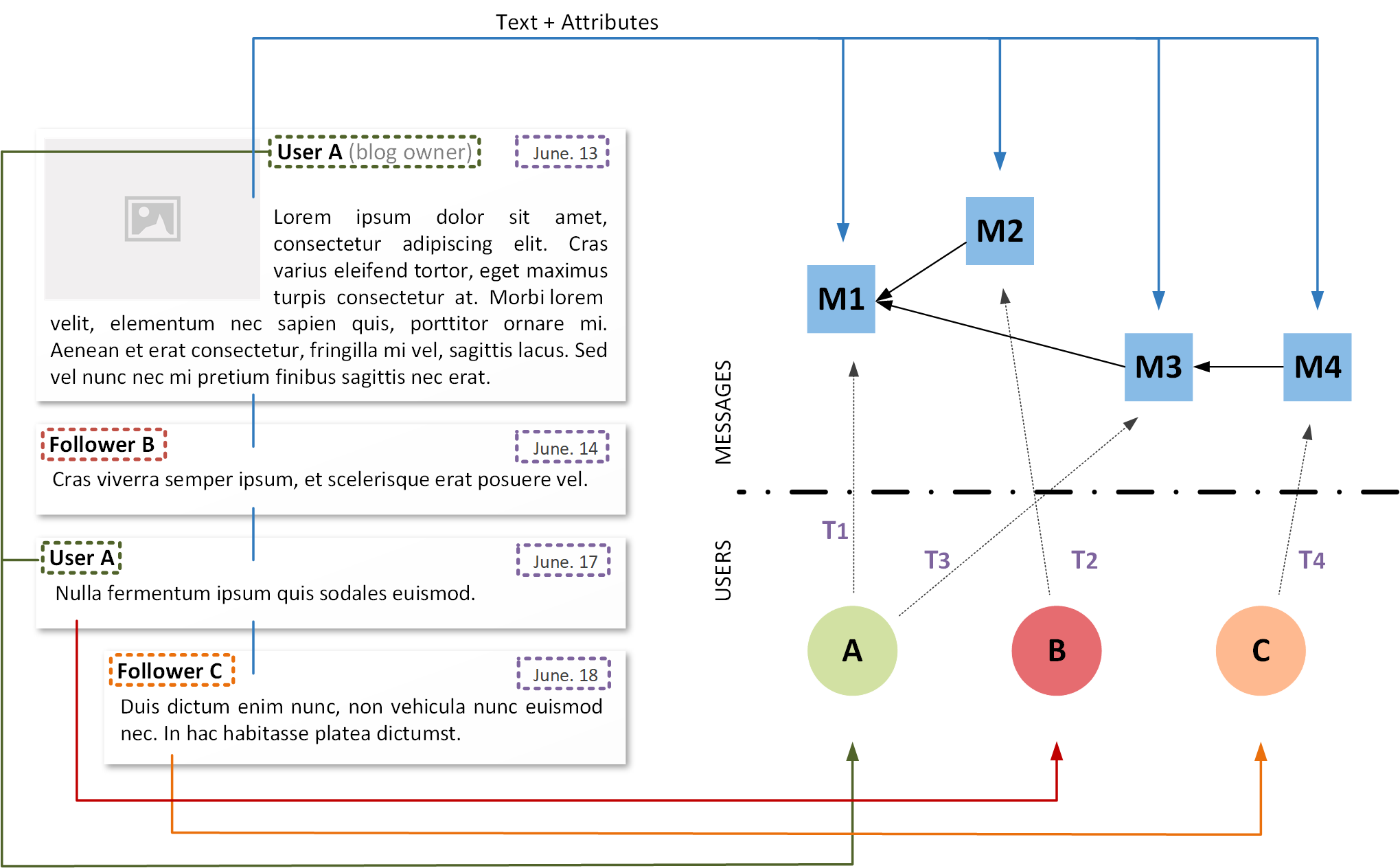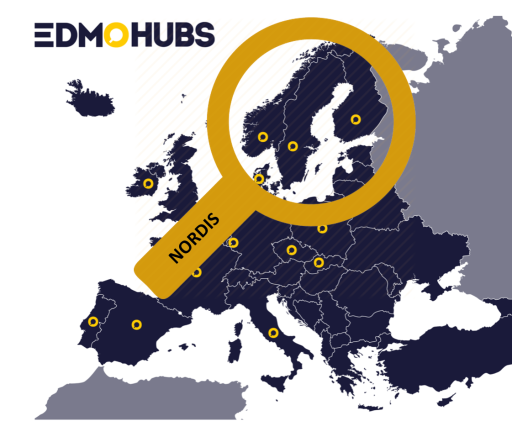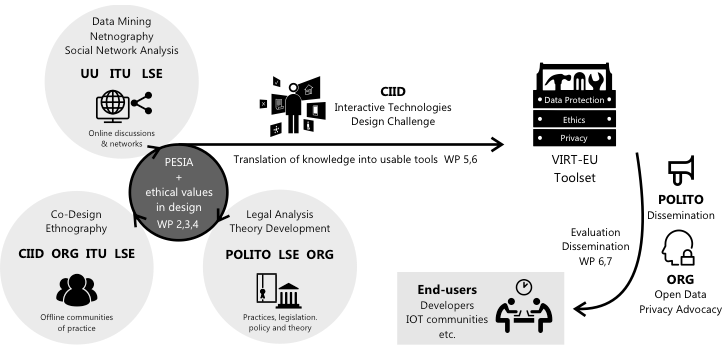Modeling online communication

My research has an interdisciplinary and practical perspective at the intersection of computational social science / social computing, network science and mechanism design. I am particularly interested in applying large-scale digital data analysis techniques to study problems with social implications through the lens of human information networks. Currently, I am focusing on combining Social Network Analysis and Natural Language Processing to study online communication and its influence on our collective opinions, ideas and human decision making. For example, developing methods to identify controversies or quantifying the effect of language persuasion in online conversations.
To learn more about other research collaborations, please visit the Uppsala University Information Laboratory or the Uppsala University Computational Social Science Lab.


The Nordic Observatory for Digital Media and Information Disorder (NORDIS) is a consortium of researchers and fact-checkers from Denmark, Norway, Sweden, and Finland. We are one of the national hubs of The European Digital Media Observatory (EDMO).

The aim is to develop theories, practices and models that can help counteract digital information disorders – the spread of misinformation, disinformation and other forms of harmful information online – and to help empower citizens in the Nordic welfare states to resist such information by enabling them to enhance their media literacy.

The goal of the project is to analyze and map the ethical practices of European hardware and software entrepreneurs, maker and hacker spaces, and community innovators in order to: (1) understand how IoT innovators enact ethics as they design future devices, (2) generate a new framework for Privacy, Ethical and Social Impact Assessment (PESIA) and (3) develop tools to support ethical reflection and self-assessment as part the design and development process for IoT technologies.